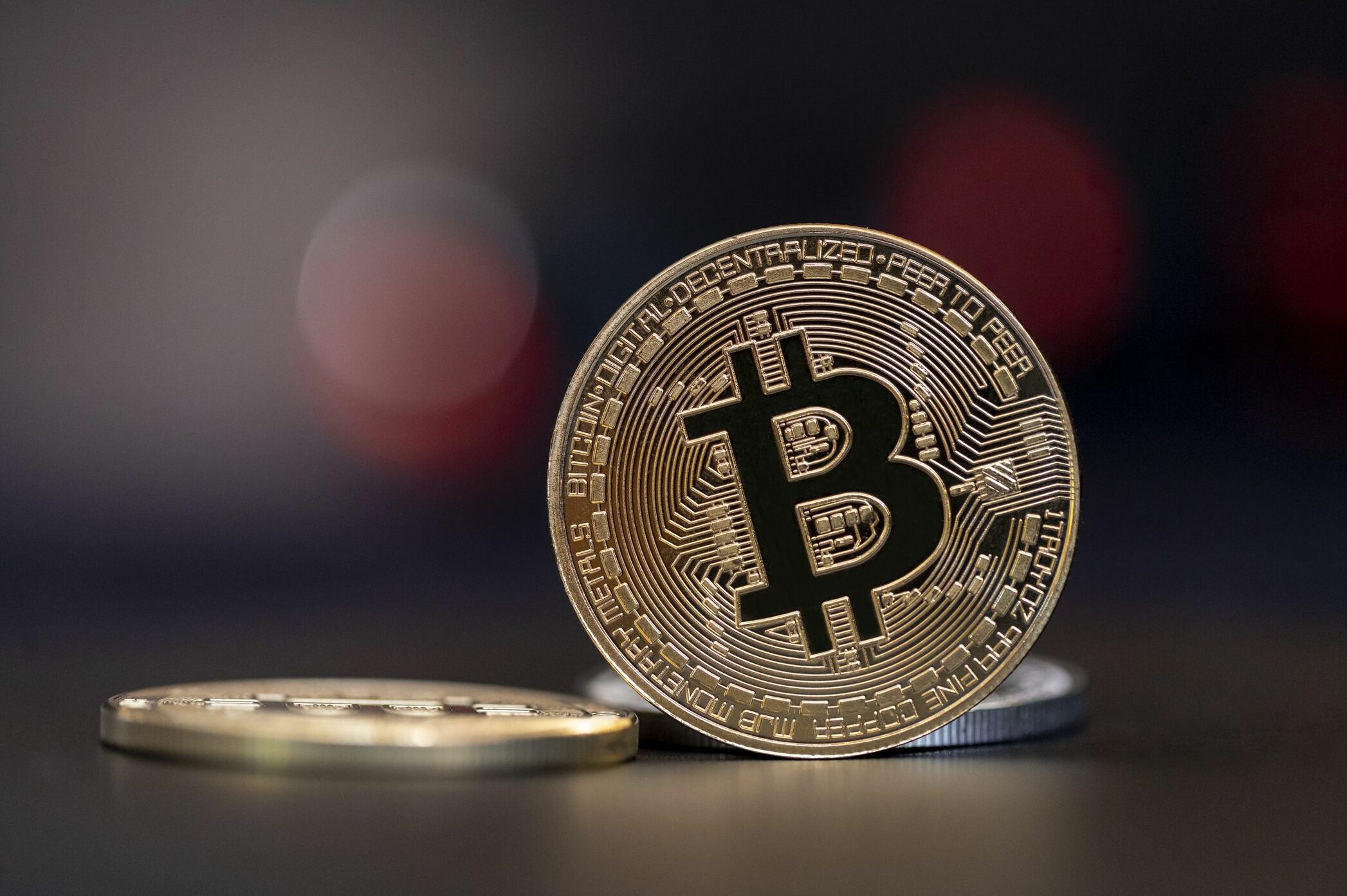Bitcoin wallets are digital wallets used to send, receive and hold bitcoin (and in most cases, other cryptocurrencies). To understand the concept of digital wallets, you only need to cast your mind on what a physical wallet is and what it does.
Physical wallets are there to hold physical currencies; this is the same thing that a digital wallet does for cryptocurrency. The analogy runs deeper when you consider that some physical wallets have various ‘pockets’ to hold different denominations of physical currency. This is also applicable to some digital wallets as you can use them to hold bitcoin, litecoin, dogecoin, and others.
Again, as your choice of physical wallets defers, so does your choice of a digital wallet. See important points you need to consider before you choose any of the available bitcoin wallets:
1. Deposit and withdrawal fees
Deposit and withdrawal actions are essential features that a digital wallet should have. Cryptocurrency traders want to deposit and withdraw their bitcoin (or other digital currency) at any time that they wish to. Imagine a physical wallet that does not let you take out cash when you need to use it? Useless right?
In addition, you should also be aware of what these actions cost and make your choice accordingly. There are bitcoin wallets that allow users to make deposits and withdrawals for free. However, there are those that charge commissions for doing these. Usually, these charges range from 5% to 10% of the transaction amount.
To make a correct decision, you should understand your trading behavior and see if there are digital wallets that favor you.
Related article: Follow this step by step guide for how to make a cryptocurrency.
2. Security
How safe will my funds be? This is the question foremost in the minds of many cryptocurrency owners looking for a digital wallet. They are not wrong in asking this as it is quite easy to trust the wrong vendor, resulting in massive loss.
To avoid falling into this trap, you should trust reputable digital wallet vendors. This way, you are banking more on the people using them than on the service provider themselves. Also, the older they have been in the bitcoin industry, the better. As the saying goes, a good name is better than gold. Reputable companies will have their integrity on the line when you use their wallets to save your bitcoin.
Sometimes, the fault may not lie with the service provider but with users. For example, you cannot blame the digital wallet provider if a bad actor gets ahold of your login due to your own carelessness. Therefore, while making your choice, look out for those that provide additional security measures like two-factor authentication, OTP, and more.
3. Is it easy to use?
Sadly, several digital wallets are designed with seasoned cryptocurrency traders in mind; this makes it difficult for first-time bitcoin owners to use these platforms. If you fall into the category of novice or beginner, you must choose a bitcoin wallet that is not too complicated to use.
Although, using several of the standard digital wallets may not be difficult as there are ‘how to use’ videos and articles available online. Yet, you must go for the ones with easy-to-use features.
4. User Interface (UI)
Once again, we go back to the analogy of physical wallets. While it is a tool to solve an issue, many physical wallets are chosen because they are aesthetically pleasing. Digital wallets are not immune from the vanities of life.
Thus, before choosing any of the numerous bitcoin wallets, ensure that it also appeals to your eyes. Otherwise, accessing it from time to time may become a chore that you try to avoid or put off for as long as possible. Besides the obvious appeal to beauty, there is also the fact that a good user interface makes it easier for users to access features. UI is a vital factor in making your bitcoin wallet choice.
Also read: Why are people choosing Bitcoin despite uncertainties? Find out reasons.
5. Which device does it work well with?
Without a doubt, the two most common internet devices are mobile and desktop. However, the tablet is a close third. This makes it vital that you check which device the digital wallet was designed for and ensure it tallies with the device you use for trading or that you mostly have within reach.
Otherwise, if you choose a desktop-friendly bitcoin wallet and use your mobile more frequently, you may find yourself putting of cryptocurrency transactions until you are in front of your desktop. Or, if you use your tablet for trading but your bitcoin wallet works best on mobile, you may find it tedious handling two devices to accomplish one goal.
Conclusion
The similarity between physical and digital wallets is not an accident because cryptocurrency is simply a digital currency—an in-depth understanding of how the former works will inform your decision when choosing bitcoin wallets. Ultimately, the best bitcoin wallets should be able to serve all your needs. Otherwise, it would not be the best.
If you have to use more than one digital wallet for your cryptocurrency, it may be time to choose another one. Meanwhile, remember to look out for hidden deposit and withdrawal fees, security, ease of use, UI, and device accessibility. With these factors in place, you cannot go wrong choosing a platform to handle your digital money movement. In addition, this way, you avoid the clumsiness that comes with traditional physical wallets and the wariness of keeping your cash safe.
You may also like to read our latest article, Elon Musk says Mars economy will be based on cryptocurrency.




9 thoughts on “How to find the Best Bitcoin wallets of 2021 ”